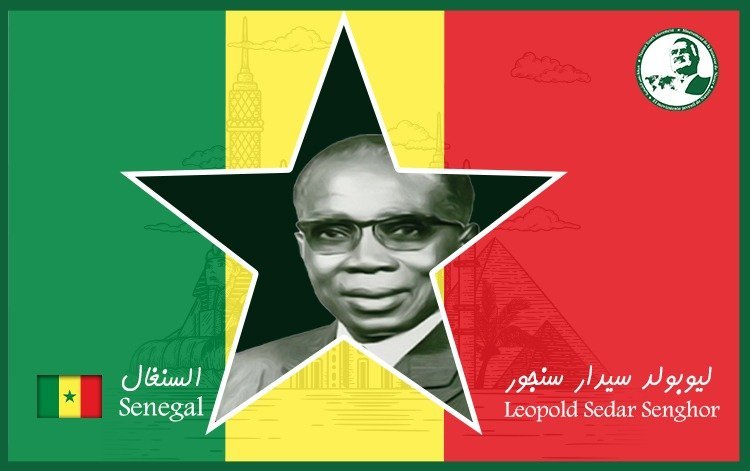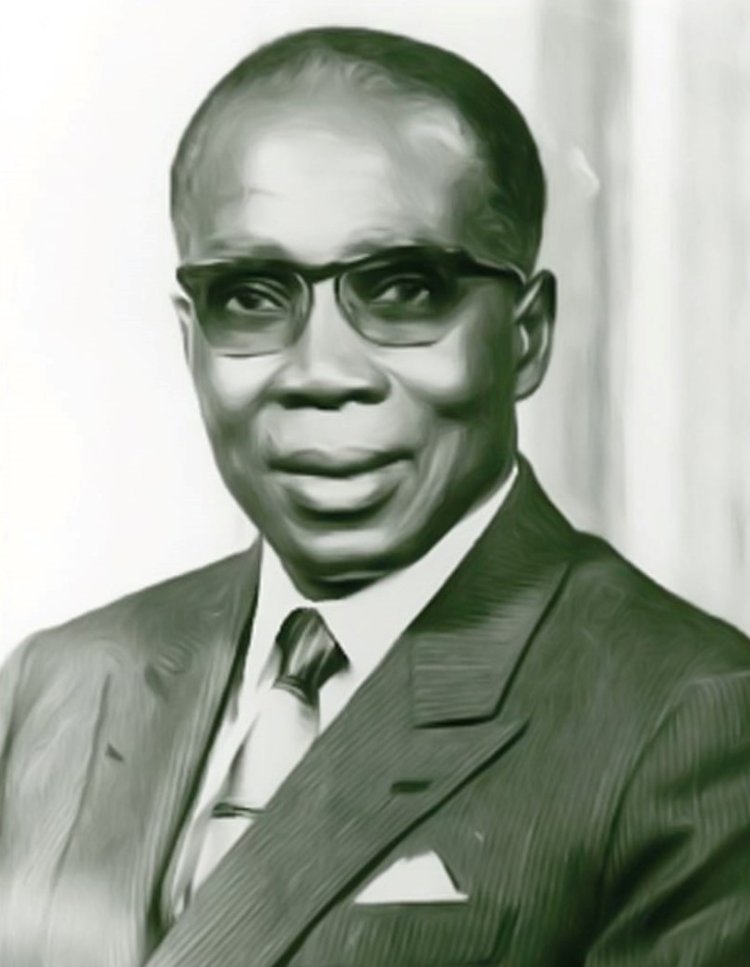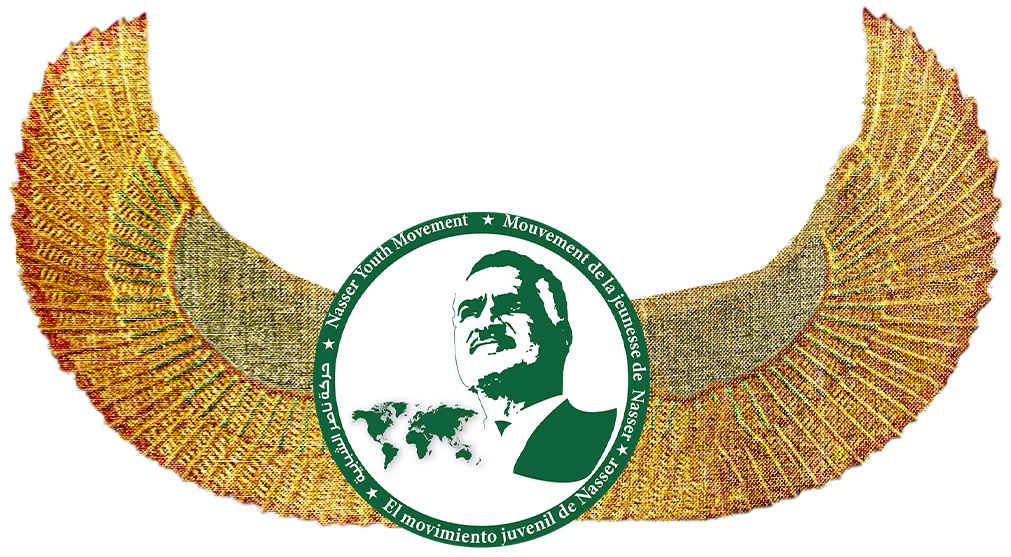Leopold Sedar Senghor, nicknamed the "Wise man of Africa"

“In defending, Senegal, today, we defend ourselves first: our land and our dead, our homes and our children, our honor and our dignity. We do more, because we defend, at the same time, the cause of freedom as cooperation in Africa.”
(An extract from Leopold Sedar Senghor's speech to the citizens of Senegal)
Leopold Sedar Senghor, nicknamed the "Wise man of Africa", is the first president of Senegal, born on October 9 in 1906 in "Joal", a small coastal town located in Senegal, and died on December 20, 2001. Coming from a Catholic bourgeois family, his father, Diogoye Senghor, is a businessman and his mother is from a royal lineage. Leopold has many titles, including the “Greatest of the great of Africa” the “Moderate Wise man”, “Philosopher of Negro literature” and “Africa Lover”. He was known for his multidimensional character: he is a poet, philosopher, statesman, professor and intellectual.

He is one of the founders of the Organization of African Unity (OAU) - the African Union today - and his reign lasted nearly twenty years. It should be noted that, prior to his accession to power, he had declared that he had taken office to achieve Senegal's independence and that he would not remain in power because his goal was to build a nation, not just a State. He wanted to educate Africa and he encouraged the creation of different political parties in order to establish democracy.
Senghor adopted socialism (negritude), it should be noted that socialism was adopted in Africa from different tendencies according to the position of their owners; while Senghor adopted Negro socialism, Gamal Abdel Nasser adopted Arab socialism, while positive socialism of Nkrumah existed, as well as African socialism according to Kenyatta ideology, and Nyerere’s agricultural socialism and others.
He is a pioneer of modern Senegalese poetry, an educated politician, and a wise president. He entered politics, noting that great politics represents, according to him, the culture, language, customs and traditions of black culture.
He created the Negritude Movement in 1931, then created a magazine entitled “The Black Student” in 1934. He was elected to the French National Assembly in 1955, entered the Government Council of Edgar Faure, and was appointed president of Senegal in 1960 and then created the magazine entitled "The African Princess" in 1974.
Léopold Senghor is the first African from West Africa to have received a French university education at the highest level, he is also the first African graduated from the Sorbonne in 1931, the first African to have passed the agrégation (a competitive examination for civil service in the French public education system), and the first black writer to hold an important post at the French Academy -Mogamaa al-Khaliden- in 1984. He was the first president of independent Senegal in 1960, and last but not least, he is the first African president to give up power in 1981.
He has mastered many languages, including French, Greek and others. Thirty international universities hastened to award him an honorary doctorate degree, including: Cairo University, Harvard, Sorbonne, Abidjan, Beirut and others.
He received numerous awards, including the 1968 Nobel Peace Prize, the 1963 International Prize for Poetry, the Award for French language for all his works in 1963, the Apollinaire Prize in 1974, the 1977 Monaco Prize, Award of Prince of Poets in 1978 and Alfred Prize in 1980. Author of many books, including: (What I believe), a summary of his thought on "Negritude" in 1988, (Freedom: Dialogue of Cultures) in 1993, and ( My beliefs) and others. Author of several poetic works, as an example: Return of the Prodigal Son, Ethiopia, Shadow Songs, A Message from Winter, Poems Nights, Elegies, Black Offering, and others.
In 1971, the Egyptian President Anwar el-Sadat welcomed, in Cairo, the Senegalese President, Senghor, noting that Egypt has created the International French-Language University for African Development (Senghor University), one of the main country instruments for development and communication with French-speaking Africans, located in Alexandria, in honor and appreciation of the contributions of Léopold Senghor. It is he who has striven to link poetry with political realism, giving rise to an overwhelming presence of human thought not only in his community but in the whole world.

